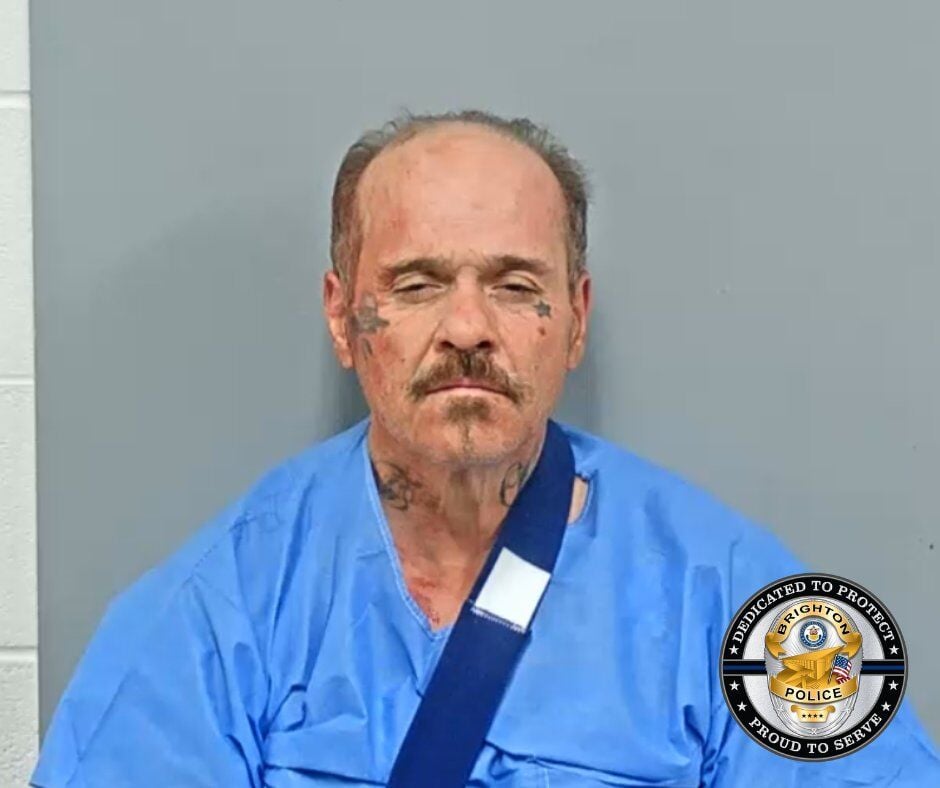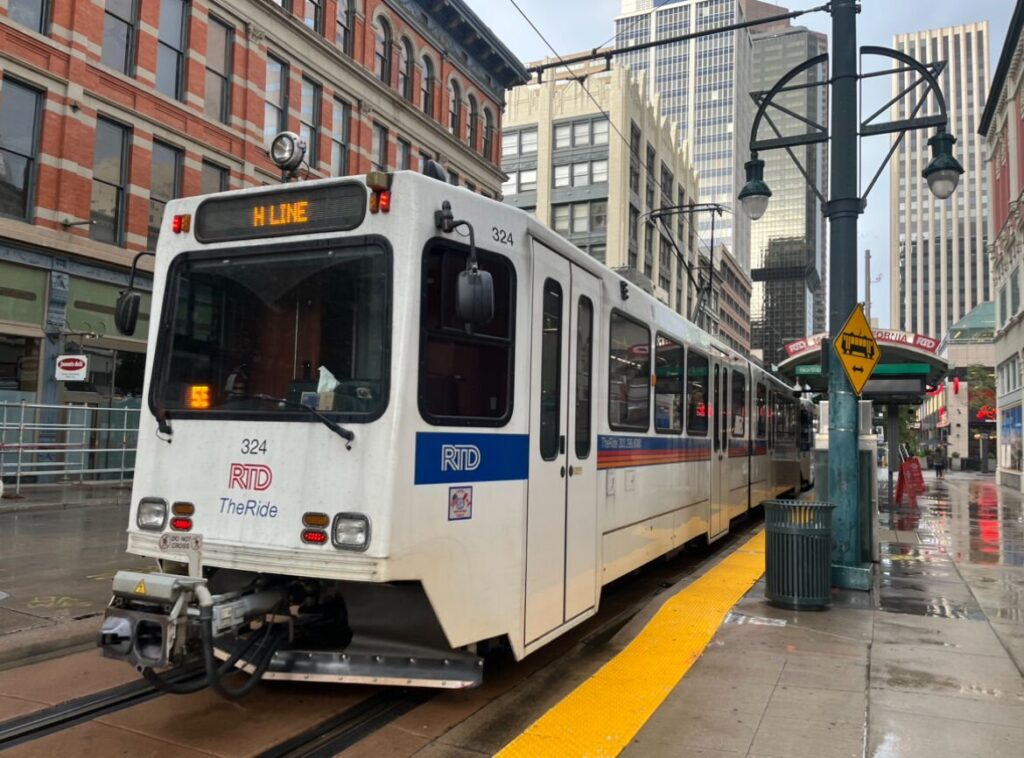Colorado highway commission looks to slash projects amid millions in lost revenue
Thursday was state highway director Shoshana Lew’s birthday, but a committee that oversees her agency’s budget had no good surprises — only “hard choices and tough decisions.”
“The bottom line is not pretty,” Lew told the Colorado Transportation Commission’s budget committee Thursday morning.
The entire state budget is facing a $3.2 billion shortfall this year, $2.5 billion next year and a billion dollars the year after that, according to official projections Lew presented.
The Colorado Department of Transportation is looking at a $50 million loss in its primary source of revenue, and combined losses could quickly add up to $100 million, “which is pretty grim,” Lew said.
If Congress can get a fourth relief package — potentially worth $2 trillion — to President Trump, infrastructure is expected to be a priority. Lew is a seasoned hand, handling and accounting for transportation dollars during the recovery a decade ago for the Obama administration.
She told the committee Thursday there are no guarantees about more federal money.
Federal dollars will provide some relief, including $150 billion for state and local projects, including $1.7 billion for Colorado. Lew projected that coronavirus’ impact to Colorado road projects would be $7 billion, however.
Gov. Jared Polis and the National Governors Association have asked for $500 billion in the next relief deal for state and local governments.
“It’s critical for the solvency of transportation programs,” Lew said of future relief packages.
Sandra Hagen Solin of the statewide coalition Fix Colorado Roads said Coloradans should press Washington to help more.
“CDOT’s bleak forecast serves as a siren call upon our congressional leaders to take quick action on a federal infrastructure stimulus package to not only keep construction moving but ensuring we keep the existing workforce employed and provide many already displaced workers avenues for employment,” she said after Thursday’s meeting. “Investment in infrastructure has proven time and again to be foundational to economic recovery.”
Lew said the crisis is particularly disappointing because the department had worked for over a year on a 10-year plan, released just a month ago. She previously had said that plan depended on lawmakers continuing the proposed $500 million a year over the historic baseline budget. That 10-year plan included $300 million in repaving projects across the state.
“What we’ve been waiting to do for years with an additional infusion of cash is to jumpstart these investments,” she said. “The reality of the situation we’re in … is that there’s a lot at risk of being lost.”
The state treasurer is holding off on issuing $500 million in certificates of participation that lawmakers created in 2017.
The cuts would have to come from construction, since maintenance and operation costs are fixed, and the state cannot stop projects that are under way without breaching contracts, Lew said.
“There’s not a lot we can cut from that part of the budget,” she said.
Repaving is a target for cuts, as well, beyond critical rural paving, though the strategy might jeopardize an already fragile balance with federal dollars for that purpose, Lew said.
Cuts will be balanced across the state to support economic recovery, according to CDOT.
CDOT has opened bids but it hasn’t signed contracts yet on five projects, including Colorado Highway 69A from Westcliffe to Fremont County, Highway 34 in Grand Lake and an interchange in Pueblo West at Purcell Boulevard.
In outlying years, the project list grows to include expanding express lanes on Interstate 25 north of Denver and Floyd Hill on Interstate 70.
“The very difficult situation we’re in with these projects is that normally they’d be on a clear glide path,” she said. “(But now) it’s hard to envision a scenario where at least some of these projects don’t have to get deferred.”
Commissioners on Thursday talked about the potential loss not just for projects but of jobs and, potentially, companies counting on doing that work.
Transportation Commissioner Irv Halter of El Paso County said, “We’re getting gut-punched every day, and this is certainly one … when you have to hit something this hard, you have to pull off bandages that hurt. You have to be prepared to do that, frankly, with chilling coldness.”
The full hearing can be watched by clicking here.
Contact Joey Bunch at joey.bunch@coloradopolitics.com or follow him on Twitter @joeybunch.












